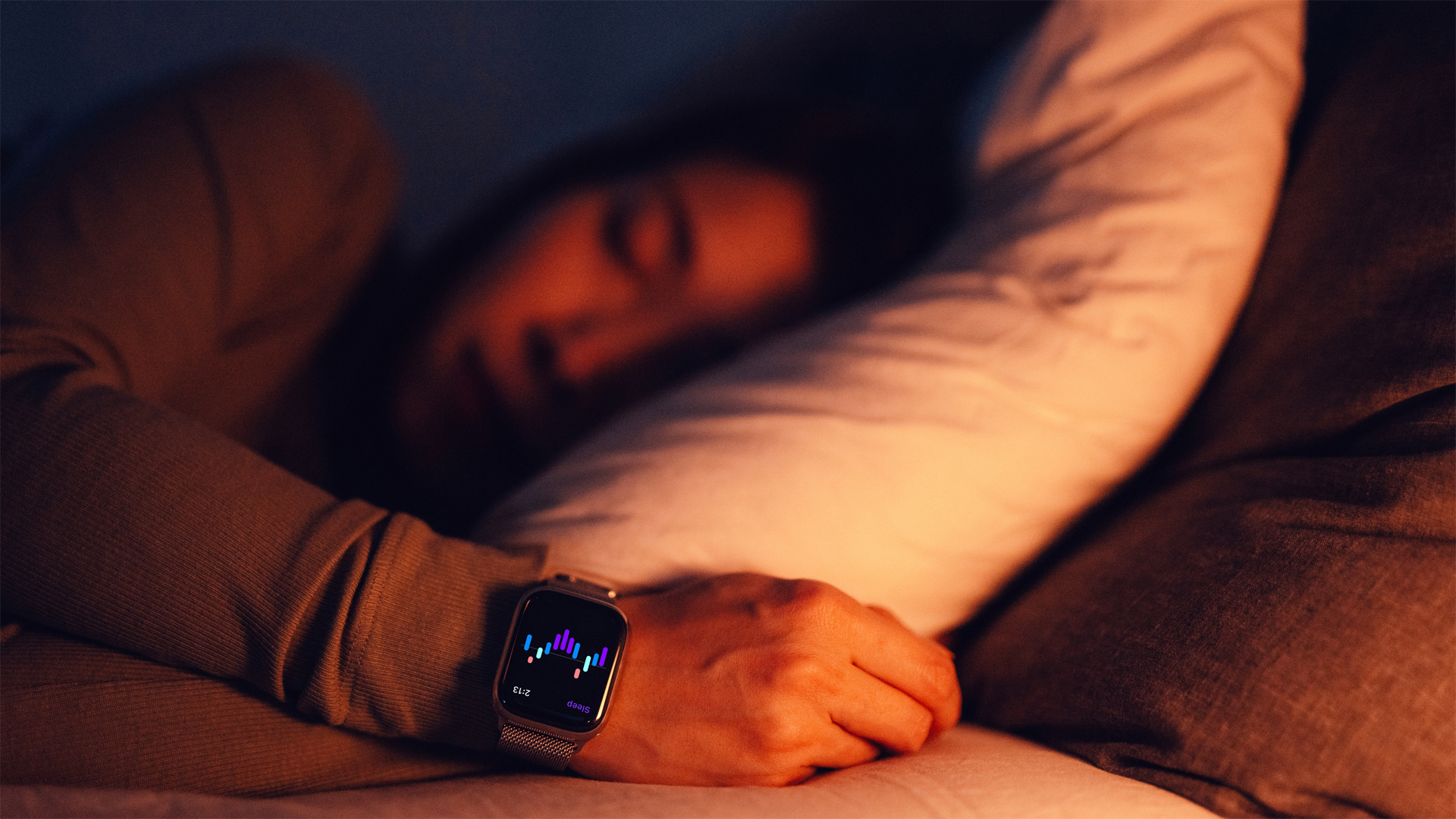
The relationship between sleep and athletic performance is a complicated one. We all know how important a good night's rest is for our health, but when the pressures of race day near, a blissful eight hours feels nothing short of a pipe dream.
Anxiety-ridden sleep is a feeling I know all too well – and, if you're reading this, chances are you do too. As a keen runner and a bad sleeper, I rarely snooze well the night before a race (if at all), no matter how hard I try to improve sleep. Performance anxiety feeds my sleep anxiety and vice versa in a vicious cycle that makes me feel doomed to fail.
It was during one of these restless nights, deep down a Google rabbit hole, that I discovered something known as the "two-night rule". The idea is that the sleep you have two nights before race day is more crucial to your performance than the night immediately before, reassuring runners that they won't be hindered by poor-quality sleep pre-race.
The question is, is there any truth to the matter, or is it just a myth we're led to believe to give us greater confidence in our running? In the latest of our Mythbusting features, we take a look at the science and speak with sleep experts to find some answers.
The myth
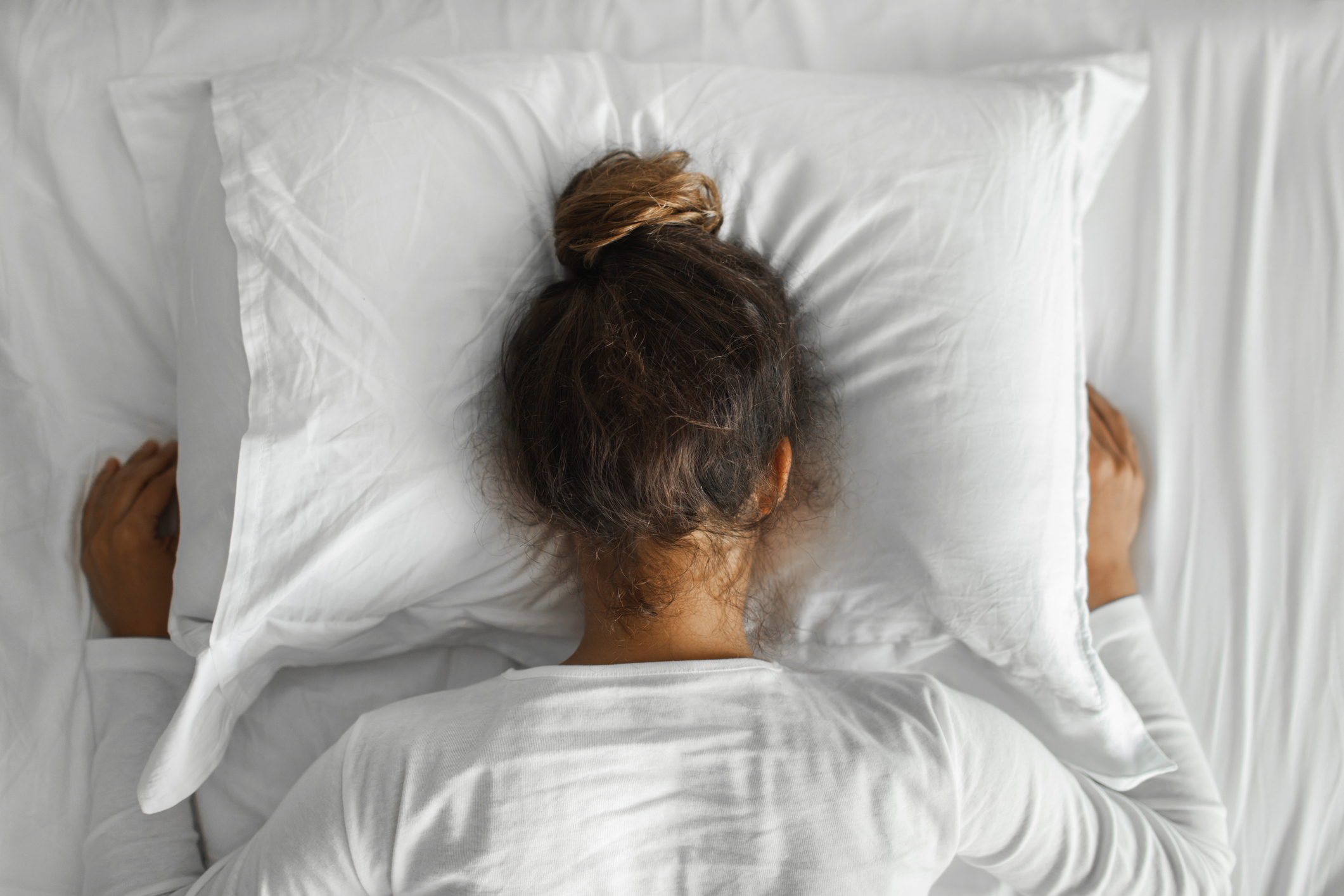
If you've ever run a marathon or a long-distance race, chances are someone told you that the sleep you have in the run-up is more important than the night before the main event. It's been the subject of many a Reddit thread; coaches across different sports and continents reference it; even elite runner Eliud Kipchoge said he had very little sleep the night before he broke the two-hour marathon barrier.
The idea is that a lack of sleep the night before a race doesn't have a bearing on your run because the effects of poor sleep haven't had time to "catch up". Most people report feeling more tired a few days after a sleepless night or interrupted slumber than they do immediately after, so the night prior to a race carries little weight.
Instead, a prolonged sleep deficit or "sleep debt" (the cumulative effect of not getting enough sleep across multiple nights) is far more damaging to athletic endurance. As long as you bank your eight hours in the nights running up to race day, you can be confident that your race time won't be impaired if you sleep badly the night immediately prior, especially when you factor in the effects of adrenaline on the body during the race itself.
The evidence
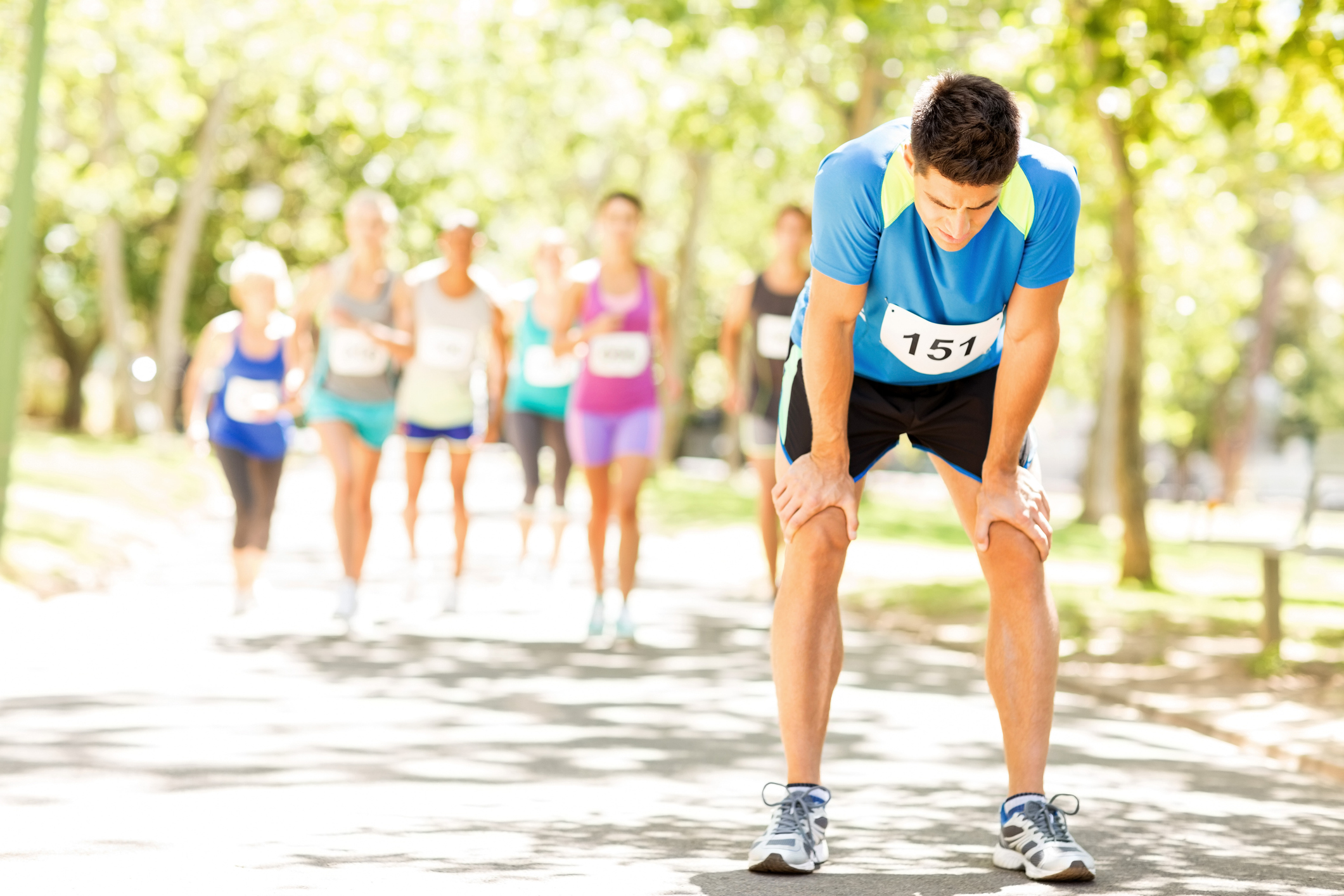
Sleep and exercise have an intrinsic relationship. Sleep affects both mental and physical performance in an abundance of ways, from aerobic capacity and metabolic conversion to reaction times and muscle repair. No one can deny those findings. By that logic, then, the better your sleep routine, the better your race performance.
While that's true, there's a grain of truth to the idea that poor sleep before a race will have minimal impact on performance. As long as you've had a pretty consistent sleep routine until the dreaded pre-race night, the effects of poor-quality sleep that evening won't be too overt.
"Getting a good night of sleep is always beneficial, but it’s not the most important factor," says Dr Shelby Harris, Director of Sleep Health at Sleepopolis. "The key is to avoid going into race day with a sleep debt, but don’t place undue pressure on the night before the race. Your training will be the true performance booster!"
Neurologist and sleep specialist Chris Winter, author of The Sleep Solution (available at Amazon), compares worrying about a lack of sleep before a race to obsessing over finishing a portion of beans in your pre-race meal. "I think the answer is to stop linking a few hours of your life's sleep to how you will run in a half marathon," he says.
Of course, eight hours of sleep is preferable to four, but four hours is better than none at all. In fact, studies show that the first few hours of sleep (known as non-REM) are the most restorative, stage three specifically, which typically occurs within the first third of a night. This means you'll enjoy the most restorative hours of sleep even if you only manage to drift off at 3am and wake at 6am.
There's also the added fact that even if you're not asleep, resting will still help the body recover. "Napping can be redefined as a controlled recovery period," says sports sleep coach, Nick Littlehales, author of Sleep (on Amazon). "In fact, any recovery state, mindfulness state, or meditative state – even a vacant mind state of just 'zoning out' – is beneficial." If you've ever wondered how ultra runners sleep during a race, these are often techniques they employ.
Fact or fiction?
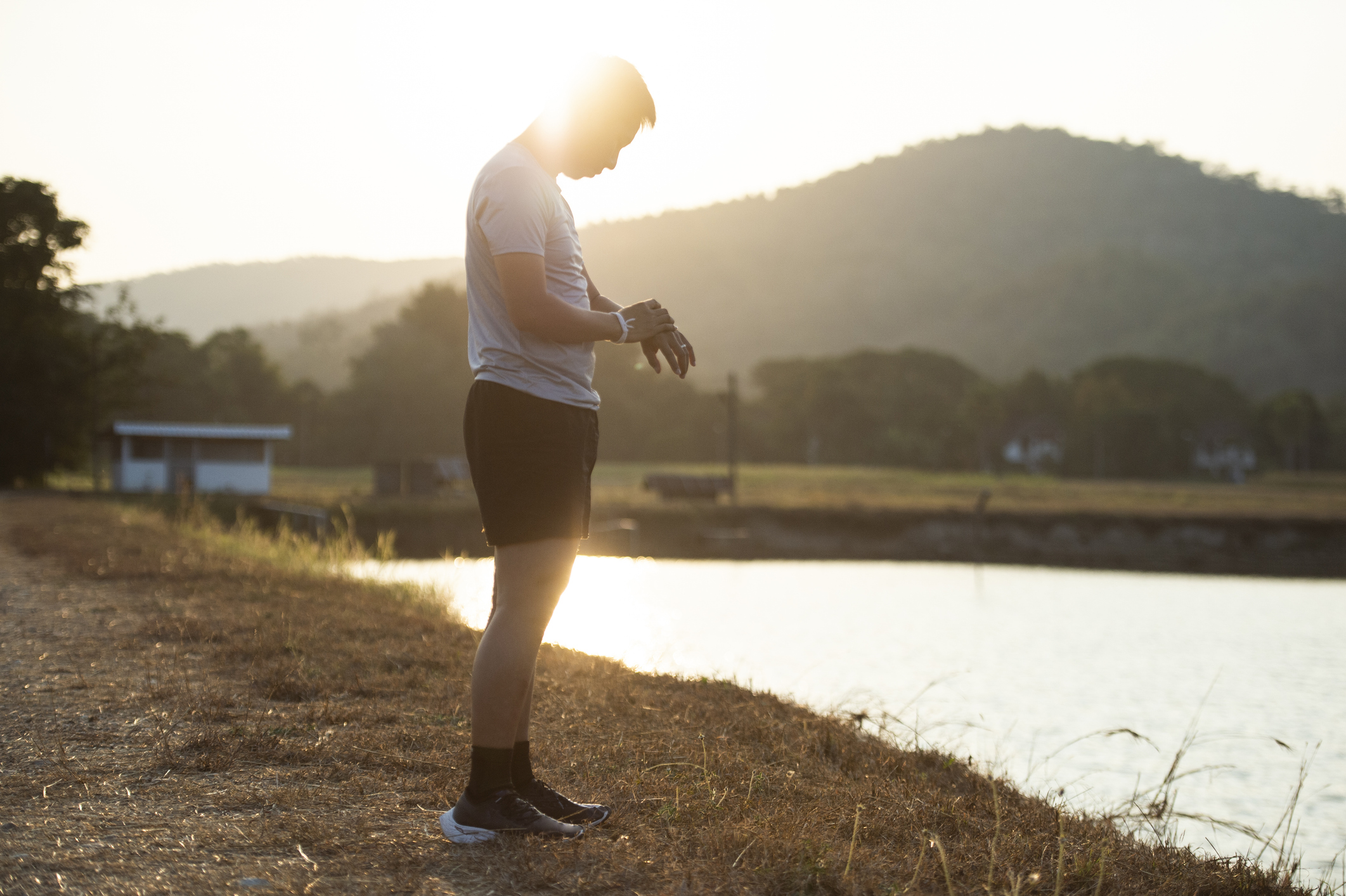
Is there any truth to the two-night sleep rule? While empirical studies are scarce, most sleep scientists believe that one bad night's rest – or even a sleepless night – won't have as negative an impact on your running performance as we're led to think.
As a sleep coach to elite athletes, Nick knows just how detrimental the pressures of competing can be on sleep, but is yet to see the same causal relationship between sleep and performance (at least not immediately). "I'm not interested in how I’m going to sleep the night before a race," he says. "Just because you’re not sleeping the night before, it’s not going to affect your performance – ask any Olympic athlete."
The idea stems from a sleep strategy he developed called the R90 Technique which builds a sleep-wake routine based around 90-minute cycles rather than hours per night. "We should allocate around 30 percent of our 24 hours to some kind of recovery state, but getting it all in one block is too much pressure," he says. Instead, he says we should focus on fitting in "controlled recovery periods" during our waking hours – periods of restfulness that don't require sleep, such as meditation or mindfulness – to take the pressure off securing a solid eight hours.
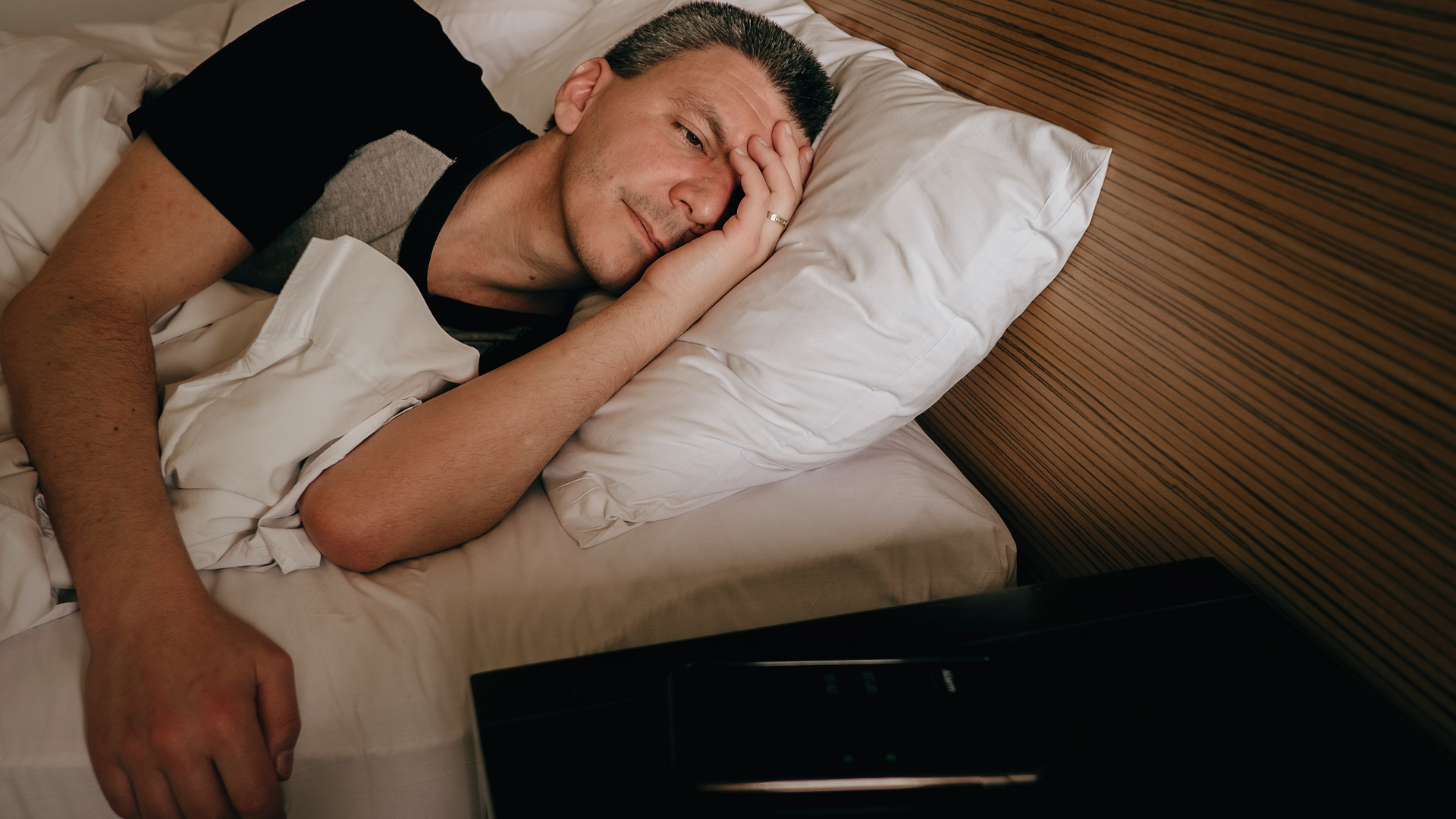
Actively choosing not to sleep shouldn't be on your list of race day hacks, however. "While it's important to get solid sleep in the days leading up to the race, it’s the consistency of your sleep over several nights that matters more than one specific night," says Dr Shelby. "Research shows that sleep deficits accumulated over the days before an event can affect physical performance, but a single night of poor sleep won’t undo months of training."
The more specious part of the rule lies with the arbitrariness of giving all weight to the sleep you have two nights before race day. If cumulative sleep loss is the problem rather than isolated bad sleep, then all the nights in the weeks leading up to your race bear at least some importance.
The bottom line? Sleep affects us all differently. While one person might not feel impacted by a sleepless night, another might, but the effect on performance probably won't even be noticeable. Rather, it's the mindset we adopt when we head out to the starting block that holds a greater weight.







